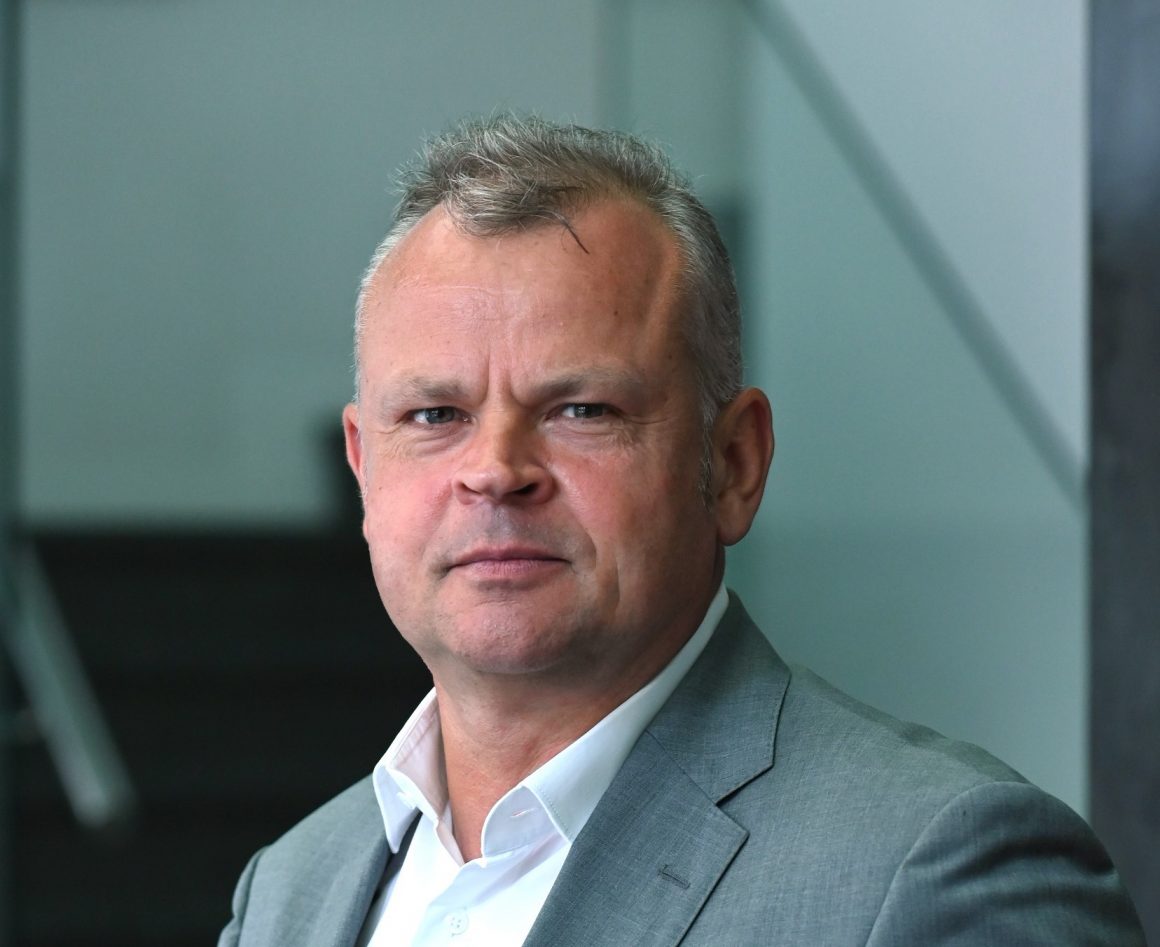Towards a cleaner environment
Individual behaviour on waste must change
Recycling makes raw materials that can be sold at very good price on the market. The authorities should do more to raise people awareness about the importance of the waste selection. Dr Radu Merica, general manager of the RER Ecologic Group explains how the problem can be solved, while protecting the environment and generating profit. An interview by Sorina Buzatu, PR Specialist, AHK Romania.
SB: The circular economy involves sharing, reusing, repairing and recycling existing materials and products. In which of these steps is urgent action needed?
RM: Indeed, there are three options in the waste hierarchy, in this order: Reduce-Reuse-Recycle. In many cases waste generation starts when someone makes not a necessary purchase, uses it once and then throws it away. The sharing of different goods has also emerged in our country, as we have apps for renting cars, bikes, etc. but there is still a lot of room for improvement.
Generally speaking, you don’t always need to buy goods that you only use occasionally. Reuse is the step two: when an asset is no longer needed, the alternative to waste is re-use.
Here we have internet sales platforms, which work well. With different social categories, richer and less rich, I believe that in Romania, functional objects, still useful, do not end up in the rubbish bin. We had tried some time ago to build up a platform for the re-use of the objects collected from the citizens, but we noticed that everything that arrived at the sanitation operator was irreparable. So, the object in question could only be dismantled and the recyclable materials sent for recycling.
Urgent intervention is therefore needed in the recycling process, i.e. the preparation for recycling, which consists of separating the various types of materials that make up the waste. If we are talking about bulky waste, or electrical/electronic waste, modern technological solutions are needed to separate the existing fractions, so that they can be recycled. The recycling process itself is a simple one, but it is based on clean material. So the big challenge is in separating the different materials from any waste.
SB Recycling has additional costs and requires effort and discipline on the side of the waste generator, who is after all any of us. Changes in mentality and behaviour come hard. What steps do you think should be taken to bring about these changes in society?
RM Definitely the cheapest short-term solution is to throw everything in the landfill. Today we’re talking about a cost of around €40 per tonne for landfill disposal. In the long term the costs of landfill are higher, because a landfill is active even 30 years after closure, so it generates quite high post-closure costs.
Therefore, one of the key EU targets is diversion from landfill to recycling. Any process of waste separation, treatment and processing involves costs that are usually higher than the landfill costs.
That’s why treatment/sorting/recycling are environmentally friendly solutions, but not necessarily economical for the waste generator. Today we are at the stage where we have the pre-collection infrastructure pretty much implemented all over the county: containers in various colours, sorting stations, recycling plants.
The main problem is to change the behaviour of citizens, who must get used to separating waste. Our experience shows that especially in block areas, but also in rural areas, it is a difficult transition to separate collection.
Only where the local government has been heavily involved are we seeing results. Apart from information, which has been going on for a few years, the next steps would be to switch to paying for waste by volume (a legal obligation, but one that has not been implemented across the country) and then applying penalties.
Most people are not aware of the importance of separate waste collection, which is why there is a need of a proper legislation forcing them to separate.
SB Do you think that the collective waste sorting has started in Romania or is it still at the level of intention?
RM Separate wet/dry collection started in Romania 15 years ago. Now collection has to be done on five fractions: glass, paper-cardboard, plastic-metal, biodegradable and residual.
I believe that in Romania we still do not have many municipalities where the five fractions are collected. So there is a continuous process of changing the structure of the collection points and creating the sorting/treatment infrastructure.
SB Do we have the capacity here (facilities, machinery) to recycle waste? What percentage of waste do we export and where?
RM The recycling industry is quite developed in Romania. We have recycling plants for almost all materials in large quantities. In the treatment process, the waste becomes raw material, so in a sorting station waste goes in and bales of paper, PET, aluminium etc. come out, which will be recycled in factories in Romania or in countries in the area. But here we are talking about exporting raw materials and not waste, and of course the raw materials are sold at the best market price.
SB What kind of waste can be recycled in Romania? What waste cannot be?
RM In Romania, almost all materials extracted from waste can be recycled: metal, plastic, paper and cardboard, glass, wood. Exceptions are few, I would list batteries, electronics, more special plastics, where we do not have capacity, because it requires large investments, which are not justified, because they are small quantities and there are only a few factories in Europe.

